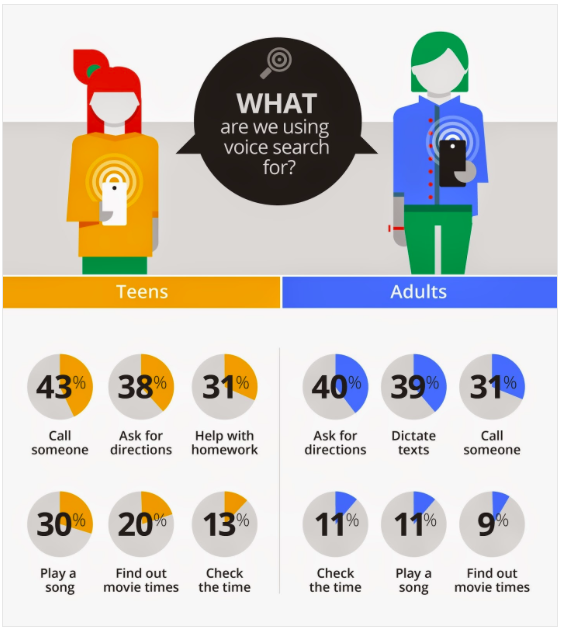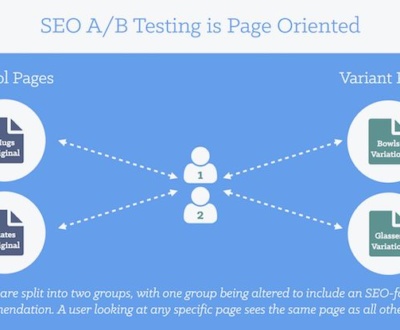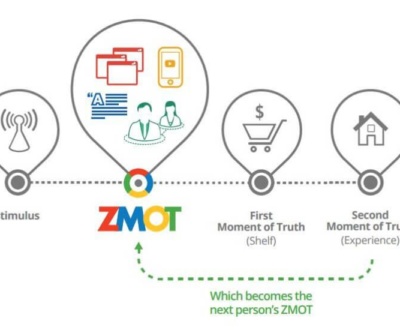What is the Future of Google Search and How Will It Affect SEO?
- March 20, 2017
- Online marketing

No matter the industry, online search is the thread that connects us all, the businesses, consumers, clients, and professionals. It forms a foundation pillar of every digital marketing plan and plays a huge part in brand success. Its importance is the spark behind the urgency of determining what is the future of Google Search and with it intertwined search engine optimization.
SEO has undergone a long, unimaginable transformation since its humble beginnings. Keyword stuffing and dodgy black-hat techniques were pushed out by increasingly intelligent bots that focus on delivering quality relevant content. There was even a time when many predicted that SEO is dead. However, despite the gloomy outlooks, SEO is alive and kicking. It can take your site to the top or bury it at the end of the online content food chain.
SEO is not dying, but change is impatiently knocking on the door, ready to kick-off yet another stage in its evolution.
What is the future of Google search and how will it reflect on SEO and your marketing efforts?
Mobile Search
Mobile search is neither the newest nor the most shocking items on the list. However, we felt the need to point it out as it is one of the major triggers of the greater changes to come.
Simply put, online search is leaving desktops and settling in the mobile world. According to ComScore report, the number of mobile users surpassed desktop activity already in 2014, and the trend continues to grow.

Google is leaving no space for doubt about the future of mobile search by pushing the Accelerated Mobile Pages (AMP) optimization. It was originally designed for blog and news sites. However, today, it extends to e-commerce and recipe sites as well. In essence, AMP is a significantly simpler version of the mobile web which allows pages to charge much quicker. At the moment, when the user is searching on a mobile device, AMP pages are favored and catapulted to the top of the organic search. Subsequently, pages that do not comply with AMP are pushed lower, regardless of the content relevancy.
Mobile search will not only put increasingly more exigent requirements on loading speed and design but change the nature of search as we know it, enabling conversational search and local optimization takes the lead.
Voice Search
The augmented use of mobile, hand in hand with improving voice recognition software, opened the door to a new kind of search – conversational search. Although at the moment, voice search is still in its early infancy, it is gaining momentum.
How voice queries change the game?
Conversational searches will first and foremost affect keywords. While when typing we opt for the shortest and simplest ways to express what we are looking for, when using our voice we choose more natural phrases. For example, instead of looking for “weather London,” the user might ask “What’s the weather like in London?” or instead of Googling “buy iPhone 6 case” the user will ask “Where can I buy a quality iPhone case?”

Voice recognition will be the milestone marking the true rise of longtail keywords by default enabling more natural keyword optimization and easier prediction of user intent.
User Intent (The Era of Virtual Assistants)
Taking online search away from desktops to mobile means taking it into the streets. Carrying your device with you provides Google with context and better connection to real life surroundings enabling to determine user intent behind the queries better. Moreover, many mobile searches are done with the aid of a virtual assistant such as Siri or Cortana which store valuable data about its users.

How will this affect internet users and your business?
Google search, as well as most virtual assistants, work with a form of artificial intelligence known as machine learning. This means the assistant, as well as Google, can learn from your previous searches and interactions and thus, produce wholly customized responses to all your queries. Based on the bits and pieces of data stored about the user in combination with the location, Google (or the virtual assistant) can determine user intent with incredible accuracy. The AI machine learning aspect of the tech means that the more a user utilizes the system, the more accurate become the results.
Thus, in a few years, quick-fix black-hat SEO techniques that still sometimes work today as effective traffic boosts, can completely disappear and lose value. Also, virtual assistants tend to come up with one to three top suggestions, which will narrow down the goal of appearing in the top 10 results to becoming the number 1.
The relevance of search results will not only be formed by keywords, mobile optimization, backlinks, and location but also software’s “experience” with the user. In other words, the future of Google search is customization based on understanding your audience.
If you want to stay ahead of the curve, study up on the workings of virtual assistants and AI machine learning.
Social Media
Social media are as ripe as ever, enjoying their golden age of popularity. There is no question about their relevancy.
However, what do social networks have to do with the future of Google search?
Currently, whether or not social signals help your SEO is still subject to a heated debate. Nonetheless, these debates is likely to be put to rest in the next five years as the lines between social media and the rest of the web become blurrier. Small traces of social media appear in the internet searches already. For example, Tweets by Twitter accounts with high authority are now indexed by Google.
In the future, it is likely that the social media data will be used to deliver more personalized results to the users as well as ranking “juice” to social profiles. However, whether this will be enabled by direct cooperation between the networks and search engines third party tools is still unclear.
To Wrap It Up…
Online search and SEO marketing are on a speedy evolution track. If you want to stay relevant, you need to adapt continually. As the Red Queen said to Alice: “…it takes all the running you can do, to keep in the same place.”
If you want to get a small head start, focus on exploring the possibilities offered by AI machine learning, conversational search, local optimization and, most of all, understanding your audience and the intent behind their actions.
Visit our about page - woodleymarketing.com/about/
About us and this blog
We are a digital marketing company with a focus on helping our customers achieve great results across several key areas.
Request a free quote
We offer professional SEO services that help websites increase their organic search score drastically in order to compete for the highest rankings even when it comes to highly competitive keywords.
Subscribe to our newsletter!
Recent Posts
- Are You Still Using These Black Hat SEO Tactics? August 17, 2017
- The Biggest Ranking Factors for SEO in 2017 July 27, 2017
- Do No Harm: How to Become a Modern Monopoly July 15, 2017








